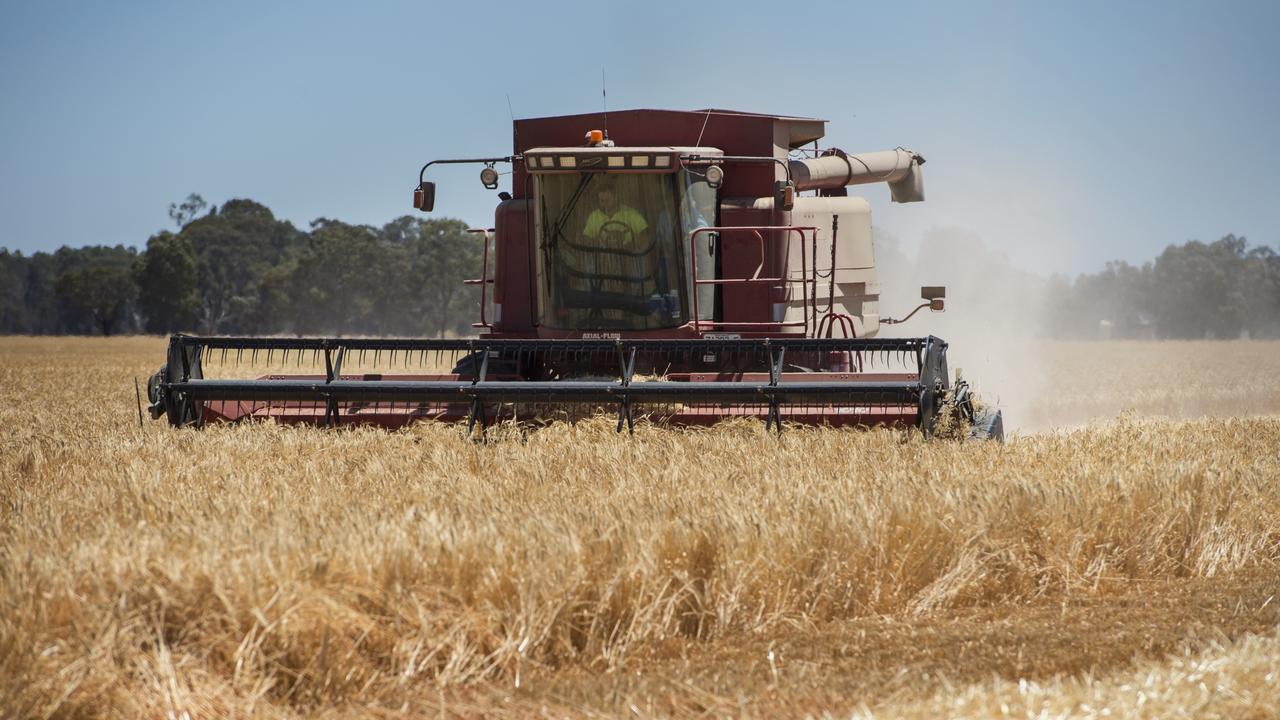Grain stocks reporting system hopes dashed
HOPES of a transparent grain stocks reporting system appear to have been dashed following the release of the Federal Government’s Wheat Port Access Code of Conduct review.

HOPES of a transparent grain stocks reporting system appear to have been dashed following the release of the Federal Government’s Wheat Port Access Code of Conduct review.
A review recommendation looks to delete a code clause that requires port terminal service providers to publish stocks information.
Grain Producers Australia chairman southern region Andrew Weidemann said implementation of a stocks reporting system was the responsibility of the Federal Government.
“We’ve been talking about stocks for a long time, and I’m not surprised the government department has indicated the removal of it, because they’ve never understood it,” Mr Weidemann said.
“We’ve said countless times, it’s incumbent on the Government. We’re after an aggregated amount of the grain, so we know what is milling or feed, and we know what is out there,” he said.
“And from the grower’s perspective, it’s better to know what availability there is for grain.”
Twelve recommendations were made in the review of the mandatory industry code of conduct, which ensures wheat exporters have fair and transparent access to port terminal services.
Mr Weidemann said he had written to the Government in the past calling for transparency of data.
“The Government hasn’t done anything … you’ve got Western Australia and South Australia, through Viterra and CBH, offering information to growers, but what it hasn’t transferred to is a total stocks system.
“Then people can ascertain what production is like, what grain is out there,” Mr Weidemann said.
“The reality is, the overseas market, particularly the US, know what we’re producing better than ourselves … we need something to be administered and introduced into the Australian grains industry.”
Federal Minister for Agriculture David Littleproud said the review recommended the Wheat Port Code remain in place, with another review slated for 2022.
“The review made 12 recommendations to clarify and strengthen some parts of the code, including extending it to cover other grains,” Mr Littleproud said.
“We listened to farmers, bulk handlers, exporters and experts to make sure the code is giving exporters fair and transparent access to port terminals.”
The code’s review taskforce met with more than 30 stakeholders, including government agencies, grower and industry representative bodies, exporters and port terminal operators.
The review received submissions from 15 organisations.


